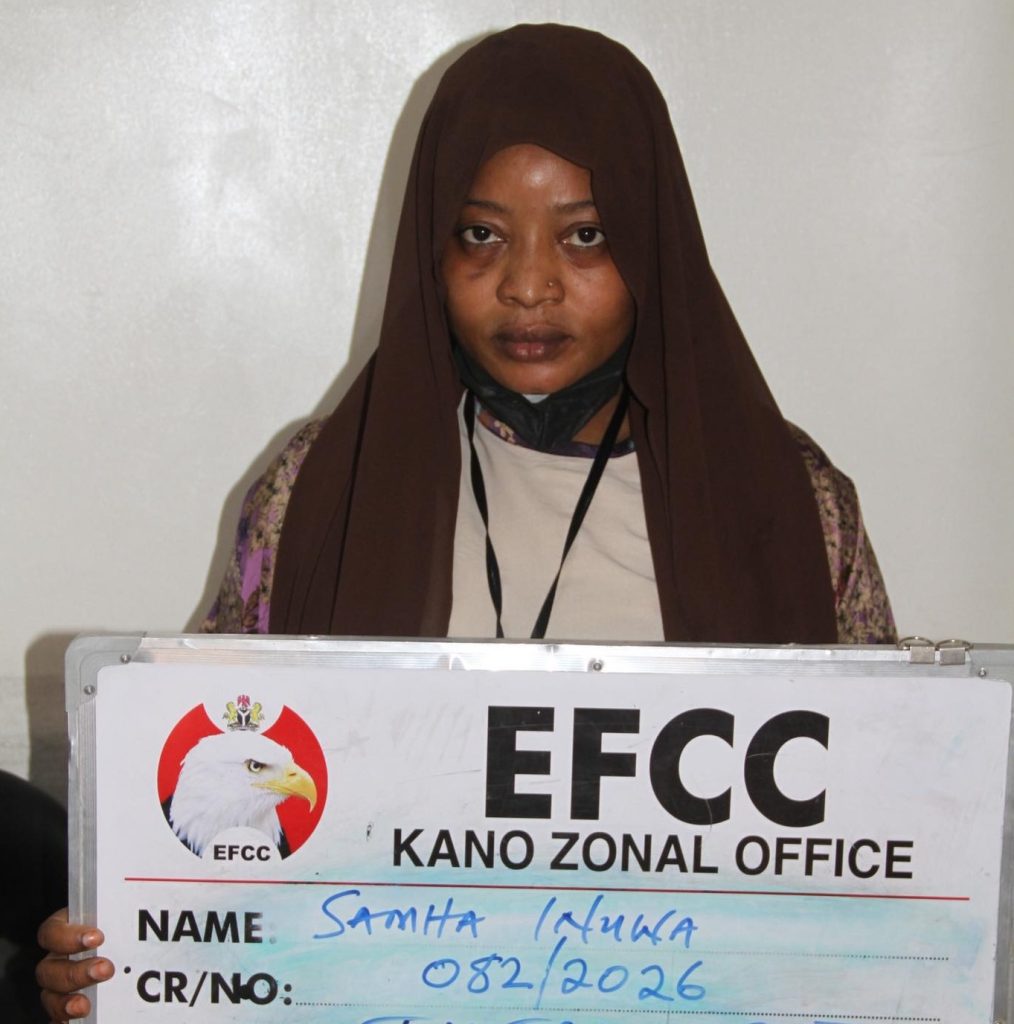Draft:
The Nigerian naira extended its gradual strengthening against the US dollar in official trading on Thursday, marking a second consecutive day of gains as the Central Bank of Nigeria (CBN) ramps up efforts to stabilize the currency. Data from the apex bank’s website revealed the naira closed at N1,534.52 per dollar in the official market, a slight improvement from Wednesday’s rate of N1,534.83 — translating to a marginal appreciation of 0.02% in its daily value.
While the official window saw incremental progress, the parallel market — often a barometer of retail and informal sector sentiment — held steady at N1,565 per dollar for the second day in a row. This gap highlights lingering demand pressures in Africa’s largest economy, though the relative stability follows recent interventions by the CBN.
The two-day upward trend comes amid heightened scrutiny of Nigeria’s foreign exchange policies, which have seen the CBN unify official rates, clear FX backlogs, and crack down on illicit trading practices. In a related move, the bank issued a public reminder this week urging citizens to refrain from mishandling the national currency.
“Spraying, hawking, or defacing the naira undermines its integrity and is punishable under Nigerian law,” warned CBN spokesperson Hakama Sidi Ali, reinforcing existing regulations to curb practices that contribute to currency shortages or inflationary pressures.
Analysts note that while the naira’s recent gains are modest, they signal cautious optimism after months of volatility. In 2023, the currency lost over 50% of its value following the CBN’s decision to float the naira, a move aimed at attracting foreign investment but which initially deepened forex market uncertainties.
Market watchers will monitor whether the central bank sustains its liquidity injections and policy tightening measures to prevent renewed depreciation. Meanwhile, the widening gap between official and parallel rates continues to pose challenges for businesses reliant on imported goods, raising questions about long-term strategies to bridge forex supply imbalances.



